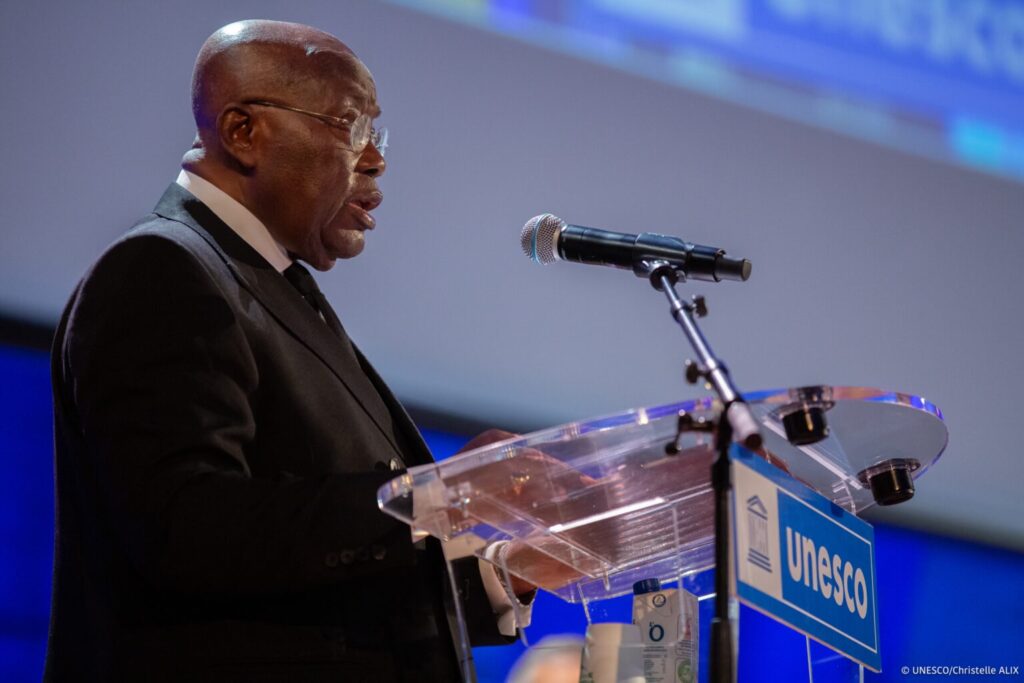Ghanaian President Nana Akufo-Addo Has Gained Support in Calling for Reparations From the U.S.
Across the country and around the world, the calls for reparations due to the Atlantic Slave Trade continue. At the end of September, Ghanaian president Nana Akufo-Addo exhorted African nations to unify in order to call for reparations from the United States and European countries that colonized Africa.
“For centuries, the world has been unwilling and unable to confront the realities of the consequences of the slave trade, but gradually this is changing, and it is time to bring the subject of reparations firmly to the fore,” said Akufo-Addo. “Granted that current generations are not the ones that engaged in the slave trade, but that grand inhuman enterprise was state-sponsored and deliberate, and its benefits are clearly interwoven with the present-day economic architecture of the nations that designed and executed it.”
While Akufo-Addo’s presidency is not without controversy — in July, only 34% of voters reported feeling content with his time in office — his call for reparations seems to have broad support as reflected in his announcement that the African Union has approved a pan-African conference in Ghana before the end of the year. The call for reparations, though, is not limited to nations.
In 2020, California established a task force to consider reparations in the wake of George Floyd’s murder. This past May, the Reparations Task Force issued a wide ranging report addressing the harmful effects of racism, as well as proffering recommendations for restitution in areas such as health care, housing and mass incarceration. In Amherst, Massachusetts, a group is also creating a plan to address reparations for local Black residents. They, too, are considering options for directing restorative justice toward youth programs and more equitable housing.
Private institutions are now examining their historical relationship to the Transatlantic Slave Trade, and in some cases, taking steps to right what they have come to see as a historical wrong. In 2016, Georgetown University announced plans to apologize to descendants of slaves who were used to pay off a debt. By establishing the Descendants Truth & Reconciliation Trust, which has amassed more than $42 million to date, the university is actively working to address its role in perpetuating the injustice of slavery and the legacies of enslavement and segregation in our nation.
“The pain still lingers,” said Tim Kesicki, chair of the Descendants Truth & Reconciliation Trust. “As a nation we are all struggling to heal these historic wounds and invest in the future.”
Members of Congress have introduced reparations legislation over the years, including the H.R. 40 bill in January 2021 and the H.R. 414 bill, which was introduced by Rep. Cori Bush, D-MO, in May 2023. According to H.R. 414, “The United States has a moral and legal obligation to provide reparations for the enslavement of Africans and its lasting harm on the lives of millions of Black people in the United States.”
Thus far, national legislation hasn’t progressed much in Congress, despite the importance of the Black vote in the upcoming election. In fact, Human Rights Watch (HRW) has called upon President Biden to bypass Congress and establish a federal Reparations Commission.




